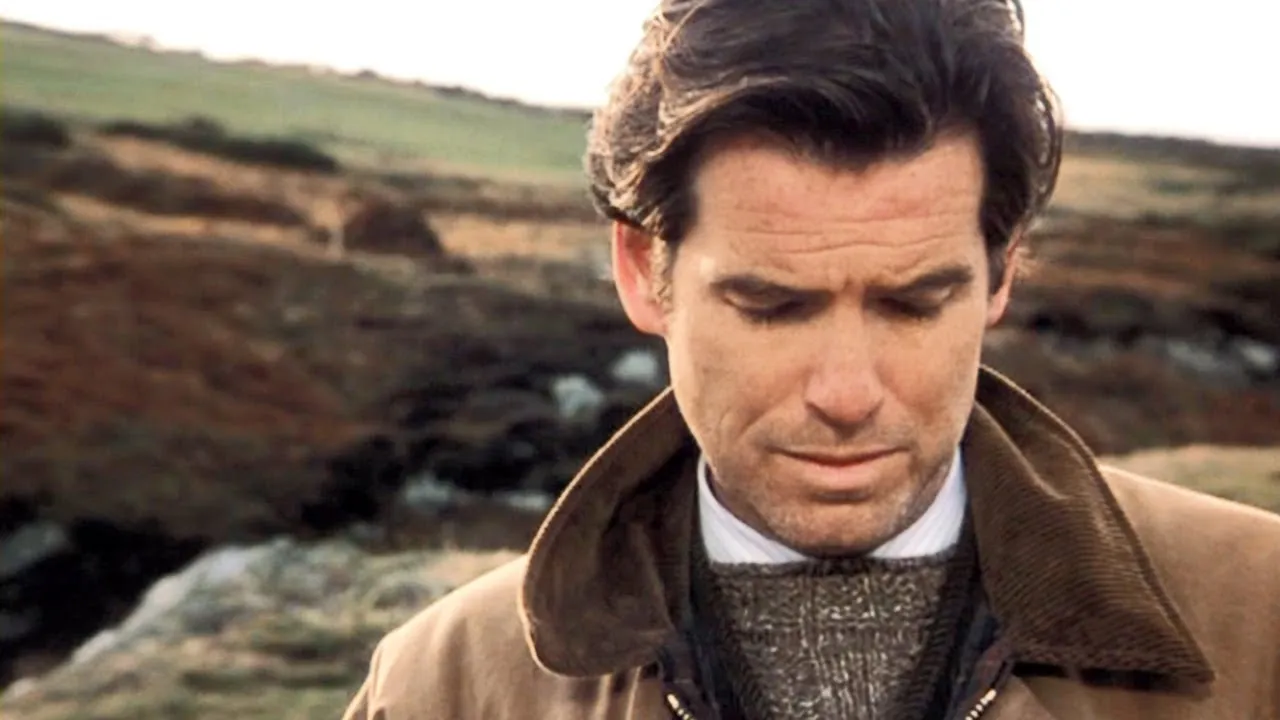Red Sparrow (2018): A Cold War Thriller of Seduction and Survival
Red Sparrow, directed by Francis Lawrence and released in 2018, is a psychological espionage thriller that plunges viewers into the morally gray world of intelligence operations. The film stars Jennifer Lawrence as Dominika Egorova, a celebrated Russian ballerina whose career is abruptly cut short after a devastating injury. Left without financial support and burdened with caring for her ailing mother, Dominika is coerced into joining the Russian intelligence service by her manipulative uncle, a high-ranking officer in the SVR.
Dominika is enrolled in the secretive and brutal "Sparrow School," an academy that trains agents to use seduction, psychological manipulation, and emotional control as tools of espionage. The training is harrowing—emotionally dehumanizing and physically intense. Though resistant at first, Dominika quickly proves herself to be cunning and resourceful, adapting to her new life with an unnerving calm. She is eventually assigned to seduce and compromise CIA officer Nathaniel Nash, played by Joel Edgerton, who is stationed in Eastern Europe and suspected of handling a Russian mole.

What begins as a mission of surveillance and seduction soon develops into a complex psychological dance. Dominika and Nash form a precarious connection built on mutual distrust and fascination. The line between manipulation and genuine emotion begins to blur, forcing both characters to question their loyalties. As Dominika navigates the perilous world of double agents and coded messages, she also grapples with her own identity—torn between duty, survival, and a desire to break free from the system that controls her.
The story escalates with several dramatic twists. Dominika ultimately uncovers the identity of the real mole within Russian intelligence but chooses to outmaneuver her superiors by framing her own uncle instead. This decisive act not only ensures her safety but also secures her rising status within the Russian ranks. Yet, the film ends on an ambiguous note: Dominika’s future remains uncertain, her emotions toward Nash unresolved, and her role in the intelligence world still dangerously active.

Visually, Red Sparrow is stylish and cold, with a muted color palette that reflects the bleak atmosphere of post-Soviet intrigue. Its cinematography captures the stark contrasts between the opulent yet oppressive world of Russian bureaucracy and the shadowy tension of spycraft. The performances are led by Lawrence, whose portrayal of Dominika is both vulnerable and ruthless. She brings depth to a character who must navigate constant threat and manipulation, all while concealing her true intentions.
The film received mixed reviews. Some praised its unflinching tone and Lawrence’s commanding performance, while others criticized the plot’s complexity and its use of explicit violence and sexuality. Nonetheless, Red Sparrow stands out as a uniquely grim take on the spy genre, focusing less on action and more on psychological warfare.
In essence, Red Sparrow is a slow-burning, cerebral thriller that explores the human cost of espionage. It is a story about survival, power, and the dangerous masks we wear—particularly in a world where every relationship may be a transaction, and every touch could be a tactic.



